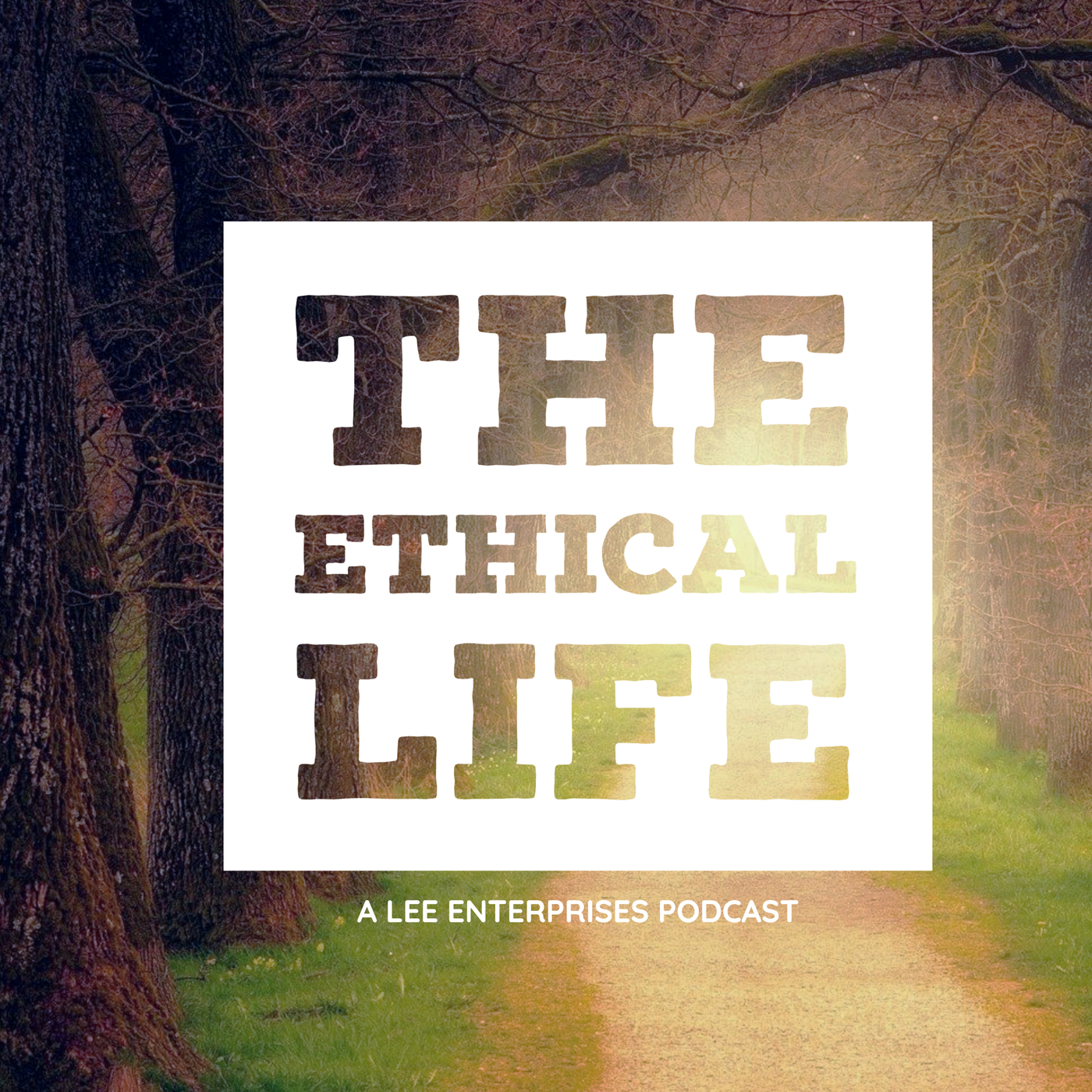About this episode
Published September 18th, 2024, 05:00 pm
Episode 160: Hosts Richard Kyte and Scott Rada discuss the ongoing issue of traffic safety and road design in the United States.
Despite advancements in vehicle safety, over 42,000 people died in traffic crashes in 2022. The hosts argue that the U.S. has a higher rate of traffic fatalities compared to other wealthy nations, and this is partly due to cultural attitudes and a lack of political will to implement stronger safety regulations and road design improvements.
They discuss how features like roundabouts, narrower lanes and traffic calming measures can significantly improve road safety, but often face resistance from the public. The hosts also note that aggressive and distracted driving behaviors have worsened in recent years, and suggest automated speed enforcement could help address this.
Looking to the future, the hosts are optimistic that the rise of autonomous vehicles could have a positive impact on overall driving behavior, as self-driving cars would follow traffic laws and set a new standard for safe driving. However, they also raise ethical questions about public acceptance of autonomous vehicle technology, even if it proves to be statistically safer than human drivers.
Links to stories discussed during the podcast
Why are American drivers so deadly, by Matthew Shaer, The New York Times Magazine
Addressing America's traffic death crisis, by Matthew Yglesias, Slow Boring
Will you keep driving when autonomous vehicles are safer than humans?, by Demetria Gallegos, The Wall Street Journal
2025 Chevy El Camino RS comes back to digitally hunt Ford's Maverick and the Santa Cruz, by Aurel Niculescu, Auto Evolution
About the hosts
Scott Rada is a digital strategist with Lee Enterprises, and Richard Kyte is the director of the D.B. Reinhart Institute for Ethics in Leadership at Viterbo University in La Crosse, Wisconsin. He is also the author of "Finding Your Third Place: Building Happier Communities (and Making Great Friends Along the Way)."
Social media links
Subscribe
